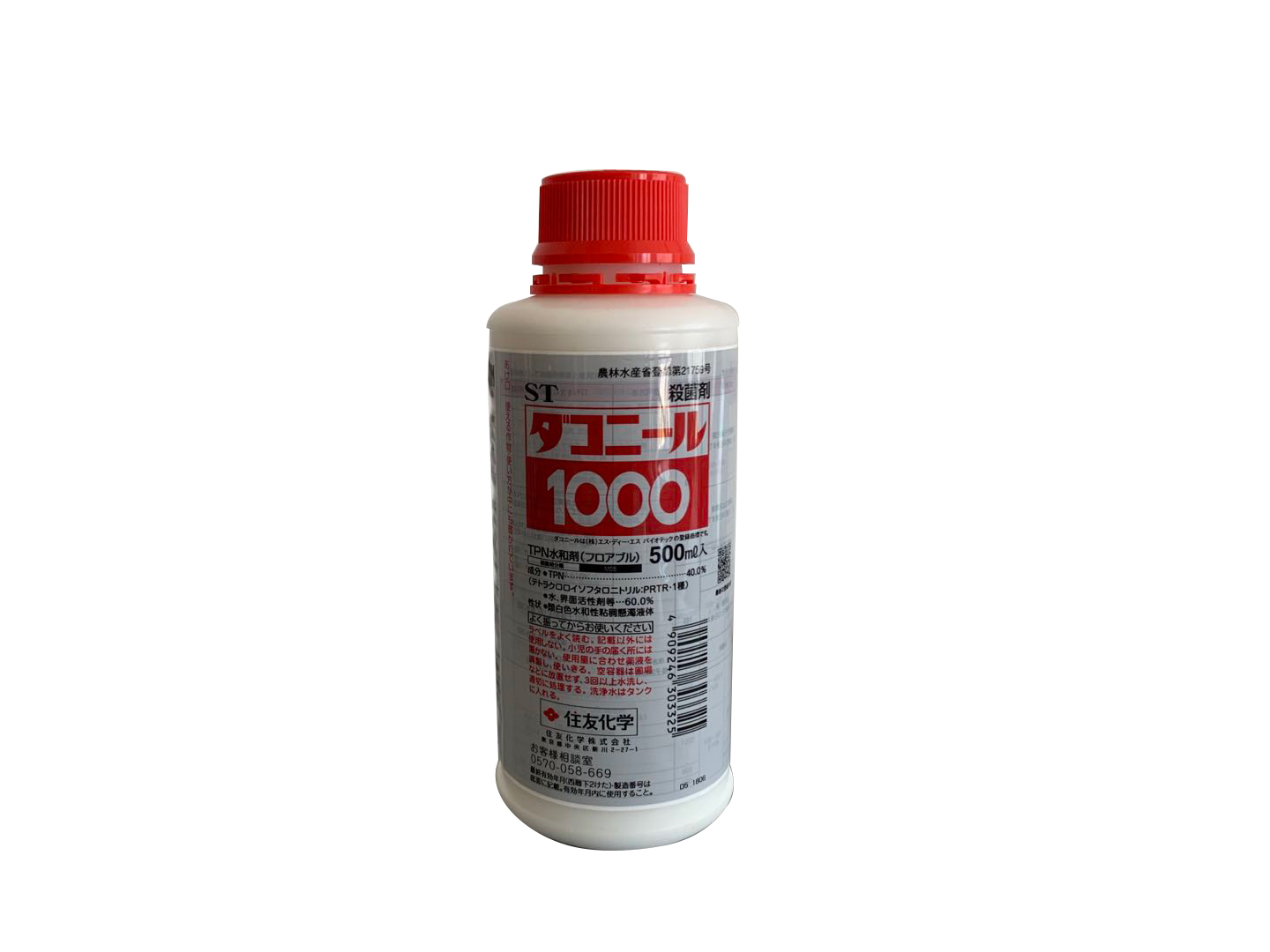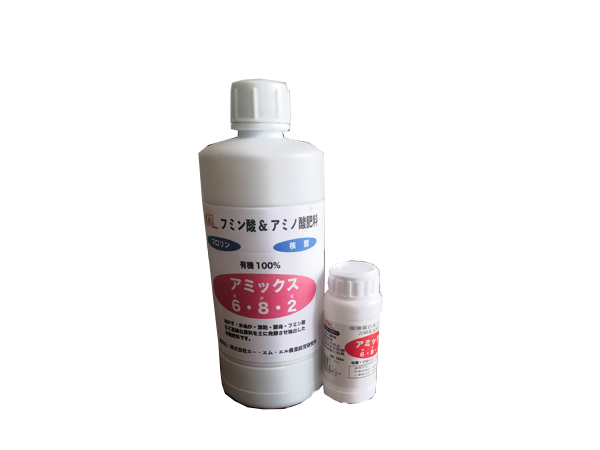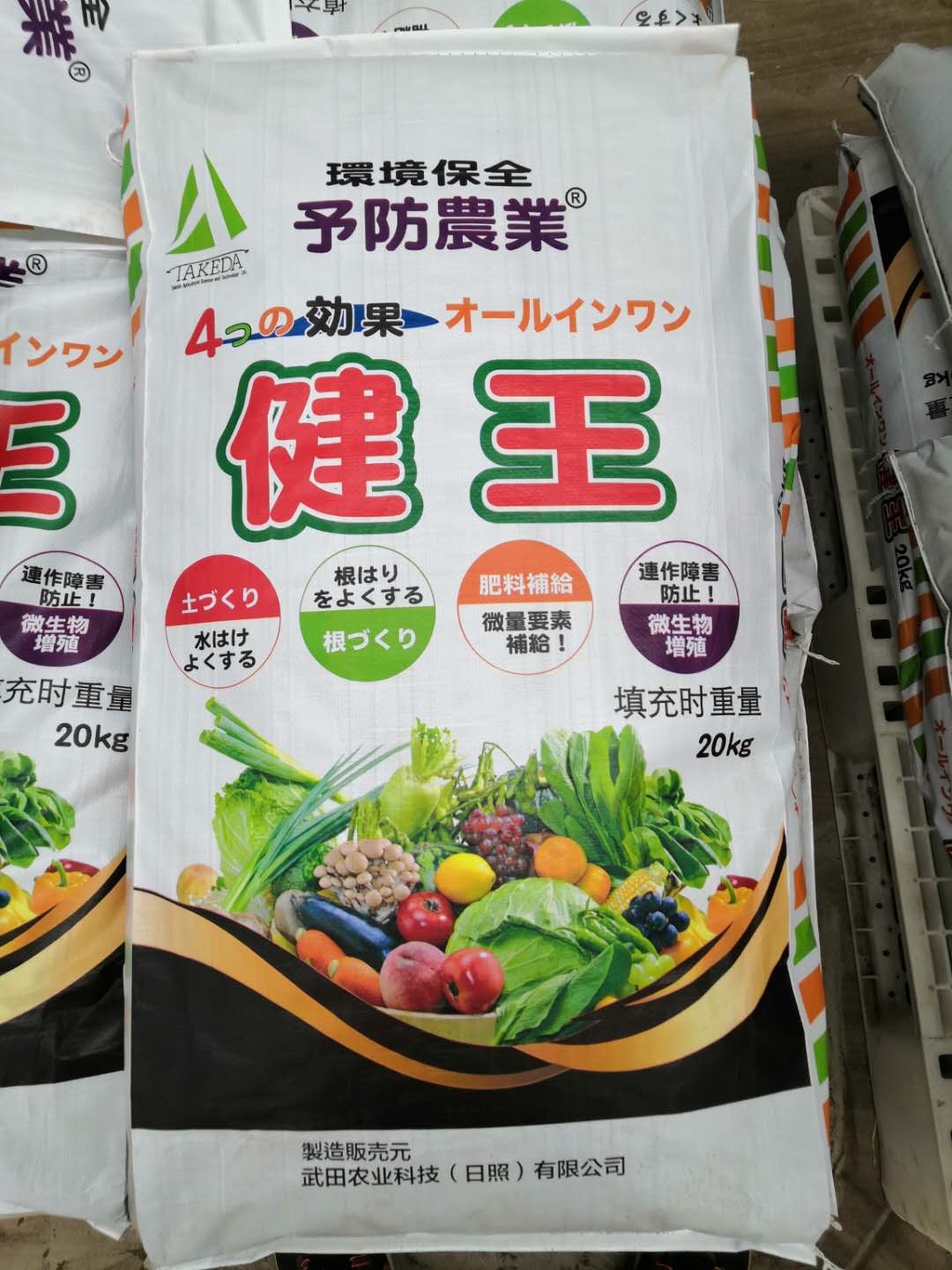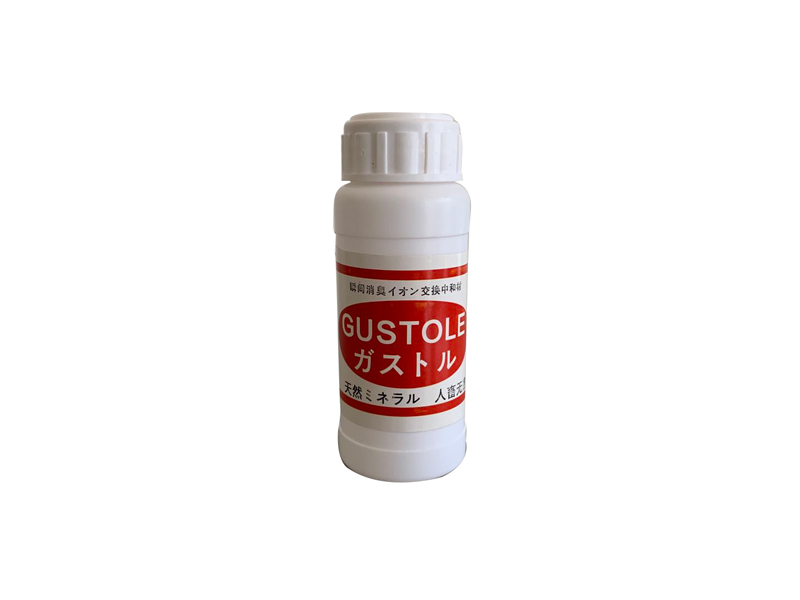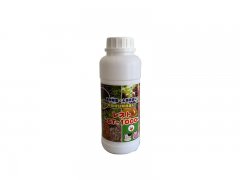How to ferment chicken manure into organic fertilizer
Chicken manure is a kind of organic fertilizer in organic fertilizer, and it does not add any compounds, which is very helpful for plant growth. But chicken manure is not directly used in the fermentation process. So, it is necessary to pay attention to what is needed in the process of chicken manure fermentation.
When the concentration is not high and the production of chicken is not so strong, the nutrition in chicken manure is a matter of concern. In addition to organic fertilizer, we have paid attention to it as other animal feed.
In the current situation of intensive breeding and pursuit of production performance, people will pay more and more attention to the so-called "harmful substances" residue in chicken manure and the utilization of waste water "resource".
For example, in many Chinese medicine planting bases I visited, they basically refused to use chicken manure and chicken manure products as "organic fertilizer", and feared "heavy metal pollution" and "residue".
In my opinion, to make chicken manure into organic fertilizer, we need to understand two aspects of the problem:
1. The formation and mechanism of "harmful substances" in chicken manure;
2. Fermentation technology and details of fecal waste.
Problems: the formation of "harmful substances" in chicken manure. Here, I summarize the ideas of most people who do not / dare not use chicken manure and fermented matter as organic fertilizer in the following table:
From the above table, we can make it clear that "harm" is caused by several factors
1. Animal physiological structure causes: This is the chicken and other animals different special. The salt of chicken can only be discharged through the urinary system; the protein metabolite, uric acid 99, is discharged through the urinary system. We know that chicken is a common channel for fecal and urine excretion - cloaca. So the salt in the dung is higher than that of other animals.
The salt content is too high, and can be solved by dilution, absorption and decomposition in the process of organic fertilizer production. The premise is that the production raw material ratio, production process and so on all must follow the rules.
2. The artificial addition of feed causes: heavy metals, etc. are all added artificially in the feed, which can be brought into the body of chicken. After metabolism, they enter the feces and discharge them out of the body. The former solution to this problem mainly depends on the conscience control of "food" in feed factories and feedlots.
A good news is that the ban for use as feed additives in mid-2020. Therefore, the "harmful substances" which enter from feed processing plant channels will be effectively controlled.
Personal view: in general, the possibility of heavy metal exceeding the standard is relatively small. Because, in the raw material and finished products testing index of feed factory, there are strict requirements for heavy metals.
What needs to be worried about is class residue. The feed plant is no longer used, but the farm sometimes adds it by itself or even exceeds the quantity. It's a headache.
As far as I know, there are only a few 1-2 fermenters, which can obviously reduce the residue of fermentation products, but the specific mechanism is not known.
3. The problem of burning roots with chicken manure and the stink of chicken manure: we all put it in the discussion later.
The second aspect: chicken manure fermentation technology and details
After years of field participation and observation of many fields and various modes, I tend to suggest two ways: high temperature aerobic fermentation of microorganisms and digestion of fermentation bed.
This is the current fermentation bacteria level, equipment level, production workers level and other comprehensive evaluation, investment saving, operation, good results, low operating costs.
Both methods adopt the aerobic fermentation process. One is suitable for the fast and mass production of qualified organic fertilizer commodities in organic fertilizer plants; the other is suitable for the "resource utilization" of manure pollution in the farm, and realizes the "zero discharge" of the farm.
I only put forward some principles in the fermentation of fecal waste:
1. Selection of fermentation strains: since fermentation technology is adopted, the purity, activity, diversity and efficiency of the strains are the key issues. At present, there are various "fermenters" in the market, which makes users feel "difficult to choose".
a) Dosage form: single or compound bacteria. Some are labeled with several bacillus, but in fact, this is a single bacterium that is a fermentor. Because of the complexity of the waste components, the bacteria that need to be treated are different, and the required bacteria are different in different fermentation stages. Therefore, the effect of compound bacteria is better.
b) Number of bacteria: the number of bacteria identified can only be used as a reference. The carrier forms, such as powder, liquid, etc., will affect the number of live bacteria and effective bacteria.
c) Compatibility: the use of compound bacterial agents, the compatibility of various bacteria is important. After strict rejuvenation and compatibility test, the bacterial agent can solve the problem and play the effect of "1 + 1 > 2". Otherwise, some manufacturers without these "technologies" produced "compound bacterial agents", because of the antagonistic effect between bacteria and strains, may not be effective in actual use.
2. Stacking fermentation: it seems simple, many of which need attention and necessary facilities. for example
a) Avoid rain: many "organic fertilizer" producers, in the open-air site, stack fermentation. In fact, basically, a pile of "organic matter" has been "drenched by wind and rain", in which nitrogen, phosphorus and potassium nutrients have been lost. Therefore, this kind of "organic fertilizer" is used, only a little bit of increase the role of soil organic matter, basically no "fertilizer".
b) Avoid direct sunlight: sunlight is a good agent. Composting in the area with strong direct sunlight takes a long time and poor effect. If the fermentation agent is added manually, compost is in the sun, basically 2 days later, the bacteria of the fermentation agent are not much left.
3. Tipping: many compost fermentation operations, said to be overturned, but the tipping standard, or when to turn over is not clear. You should make sure that before using different fermentation agents.
Generally, in the rapid fermentation stage, the temperature in the reactor reaches 55-60 ℃, and the reactor is to be turned over. After 4-5 times of reactor overturning, the temperature in the reactor is stable at 45-50 ℃, and the reactor can no longer be overturned.
Please remember that the fermentation efficiency is closely related to the contact area, action time, temperature and humidity of the fermentation agent and substrate.
4. Fermentation time: good fermentation agent, rapid temperature rise, high fermentation efficiency, rapid deodorization. In the environment above 25 ℃, the rapid fermentation process can be completed after 5-7 days. After more than 15 days of decay, the whole process of "organic fertilizer" can be completed.
5. Fermentation reactor permeability: because of aerobic fermentation, whether oxygen is sufficient or not is of great importance. To have enough oxygen at the bottom of the fermentation reactor, it can meet the needs of microorganisms. Therefore, the proportion of chicken manure to fermentation auxiliary materials (such as straw crushing, husk, etc.) should be appropriate, generally controlled between 15 and 30.
The organic fertilizer, which is made by good process, has been used to produce harmful gases, bacteria, eggs, etc. Direct use, generally not easy to appear "burning roots", "burning seedlings" phenomenon.


